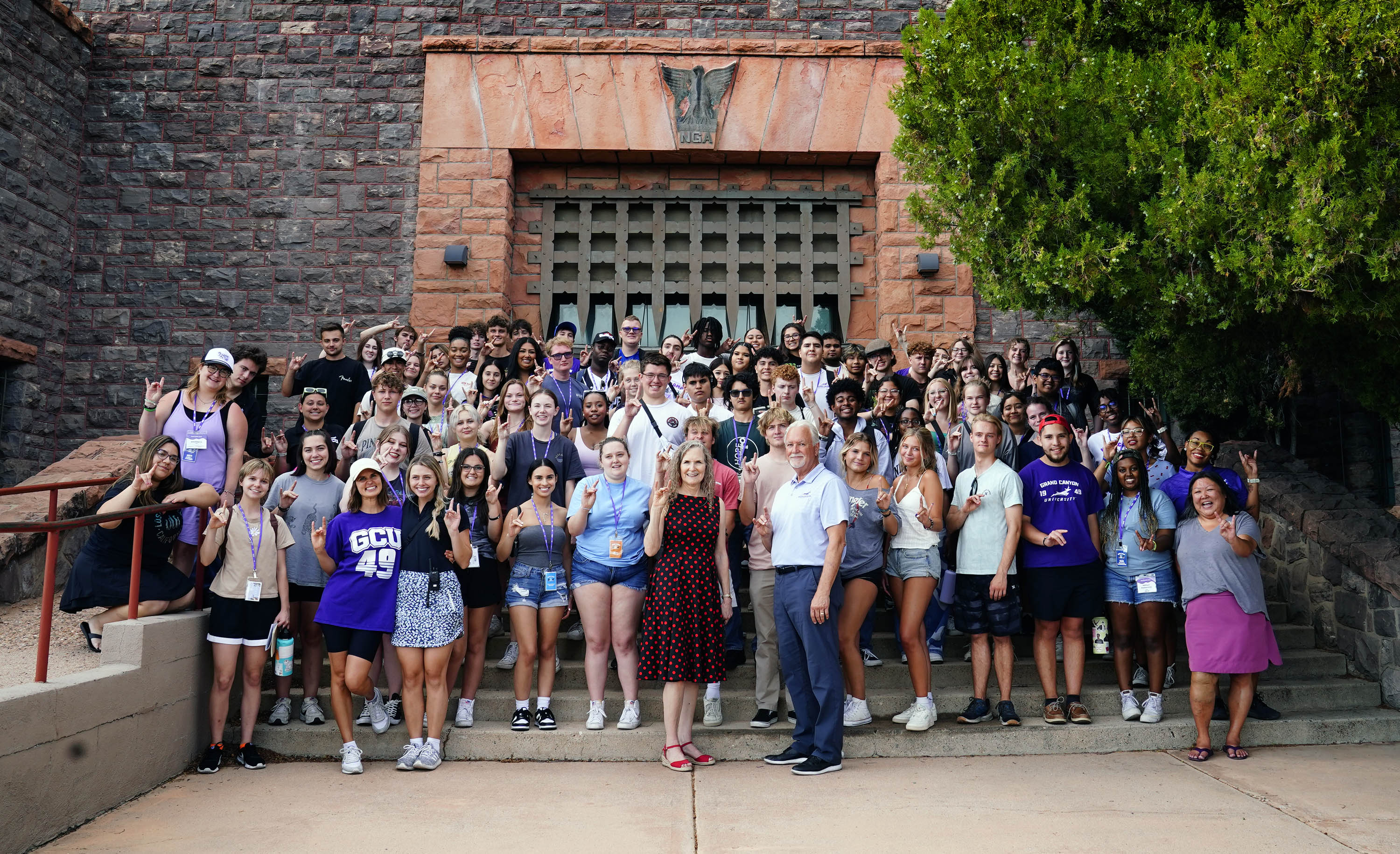By Caitlin Rudgear
GCU Office of Student Care
#Askingforafriend
One of the key components to mindfulness is allowing thoughts, emotions, images and sensations to leave the mind as quickly as they may enter.
A way that this can be implemented in a mindfulness practice is to think of the mind as a Teflon pan: Nothing can stick to it. Here’s a mindfulness exercise you can use to practice the power of the Teflon mind:
“Observing inside your mind can be like sitting on a hill looking down on a train that’s going by. Some of the train cars are thoughts, strung together. They come into view. They go out of view. Some of the train cars are emotions, feelings. Each thought and feeling arises, comes closer, then passes and goes away down the tracks and around the hill out of sight. The trick is to not get caught in the content of the thought or feeling. Watch, observe but do not get on the train.” (Linehan, 2017, p. 181)
Notice what that experience was like and do your best to not judge yourself! Mindfulness practices, especially early on, can feel strange, and it can be difficult to concentrate.
Additionally, there are a couple of different experiences that can happen when we practice mindfulness.
One of them can include wanting to push away what is happening in the present. This is a commonality because, sometimes, our thoughts can be scary, or it can make us uncomfortable to pay closer attention to them. However, research has indicated that trying to forget or push away our thoughts is one of the best ways to guarantee that we will continue to have them.
Another experience that can happen with mindfulness practices is hanging on to the positives instead of allowing them to pass. This can mean that “we try to create positive experiences at the expense of noticing what is currently happening in our lives” (Linehan, 2017, p. 181). This can lead to seeking an emotional high (or experiences of over-indulgence) and can make ordinary life feel quite boring.
Either of these experiences is important to notice. With continued practice with mindfulness, there may be more balance in your life.
****
Reference:
Linehan, Marsha M. (2017), “DBT Skills Training Manual,” Guilford.










